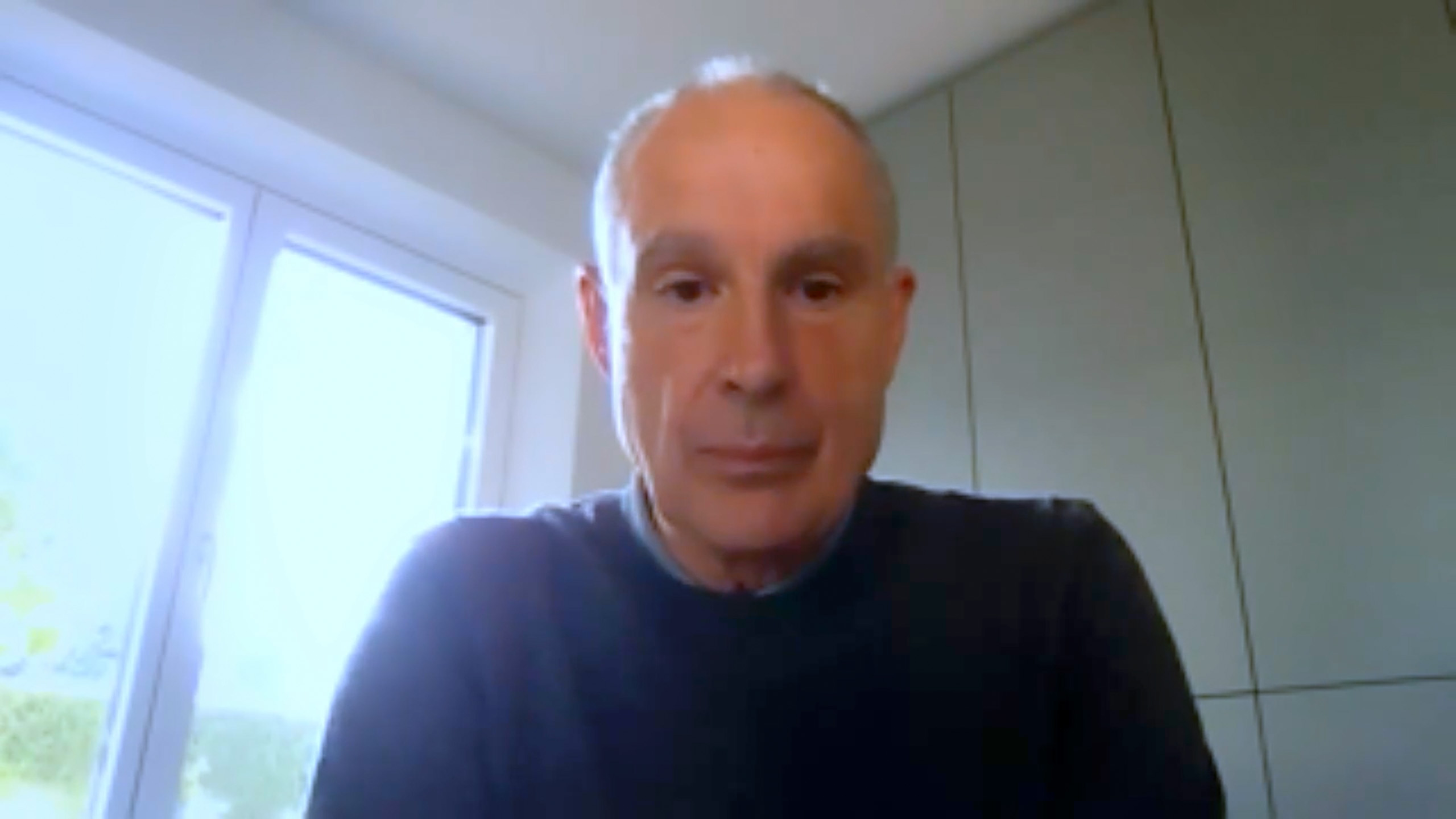
Aldi Market Entry Strategy: Time Horizon
Former CEO, Aldi UK
inpractise.com/articles/aldi-market-entry-strategy
Why is this interview interesting?
- The importance of building scale and the importance of a locally relevant product offer
Interview Transcript
When Aldi is looking to enter a market, as in the UK, these conditions appear to have been met, what sort of time-frame is Aldi looking at to build the business? Paul, if you could perhaps highlight some milestones, whether it’s scaling operations, supply chain, buying, when does a discounter really start to be a threat to incumbents?
That’s a super question to be honest because that is a very key part of market entry strategy. At what stage will the discounter be able to enjoy some success? I can tell you it’s never at the beginning, never. There are two reasons for that. First of all, food retailing is a scale business. If you haven’t got scale, then you don’t have any success. The second reason is that food retailing is a local business. What I mean by that is, the diet of the Great British public is quite different from the French or German or Australian or UK. It doesn’t matter if you’ve got a big business in another country, if you try to bring the products from that other country and capitalize on that kind of supply chain, actually you’re just bringing foreign product, which will taste different, look different, smell different. It doesn’t matter, but it’s different. All of the people that are listening to this that have never travelled will know it’s very interesting to go and drink coffee in France or eat cheese in Belgium or chocolate in Belgium. It’s not what British people grew up with or vice versa. You need scale in the market you are in. The only way to get that is to build out stores. This takes time. If you want a precise time scale, it’s relatively easy to work out mathematically.
What you want to be as a discounter is, you want to be the biggest purchaser for private label product, because that’s what the business is based on, of the products you are going to sell. You simply look at the stats. You look at the market leader. You work out what kind of private label business that they actually have. That becomes your target in every single product category. Then you need to do the math. How many stores do I need to rival those guys? What that means is, you’re generally talking about ten/fifteen years. Especially for a company that’s leverage shy, which Aldi definitely is. It basically wants to grow out of its own cashflows and profitability, rather than having huge borrowings. It builds a long-term plan to build up enough stores. To build up a local management team that can one day boast that it’s got that buying power. That buying power, it feels very confidently, even arrogantly I would say, will bring it success. Whatever. That is basically the concept. When we entered the UK, it was understood that it would take ten to fifteen years for the business to be really successful. It took that long. It was an accurate estimation. Once we got the buying power that was superior to anybody else’s, there was basically no looking back.
Related Content
Copyright Notice
This document may not be reproduced, distributed, or transmitted in any form or by any means including resale of any part, unauthorised distribution to a third party or other electronic methods, without the prior written permission of IP 1 Ltd.
IP 1 Ltd, trading as In Practise (herein referred to as "IP") is a company registered in England and Wales and is not a registered investment advisor or broker-dealer, and is not licensed nor qualified to provide investment advice.
In Practise reserves all copyright, intellectual and other property rights in the Content. The information published in this transcript (“Content”) is for information purposes only and should not be used as the sole basis for making any investment decision. Information provided by IP is to be used as an educational tool and nothing in this Content shall be construed as an offer, recommendation or solicitation regarding any financial product, service or management of investments or securities.
© 2025 IP 1 Ltd. All rights reserved.


